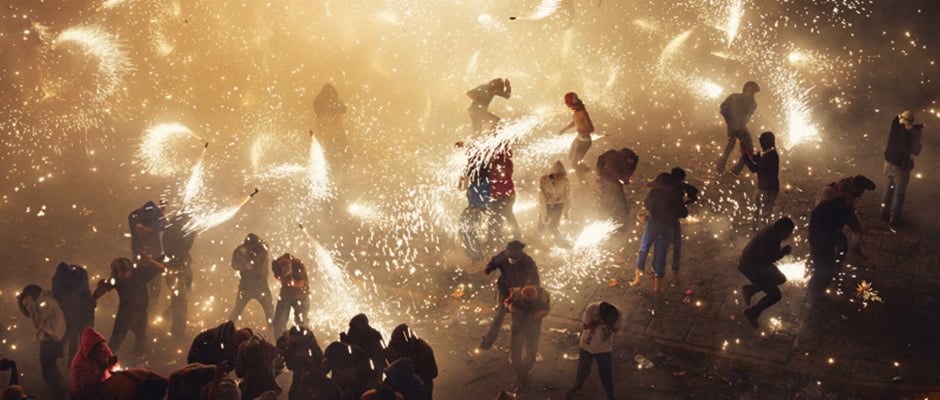Four Hazards to Watch Out for During July 4th Holiday in Maryland
The 4th of July is a time of celebration across the United States, and Maryland is no exception. From the beaches of the Eastern Shore to the vibrant streets of Baltimore, the state lights up with fireworks, parades, and barbecues. However, amidst the festivities, several dangers loom, threatening the safety of residents and visitors alike. Below are the top 4 dangers Marylanders need to look out for, with a particular focus on drunk driving-related auto accidents.
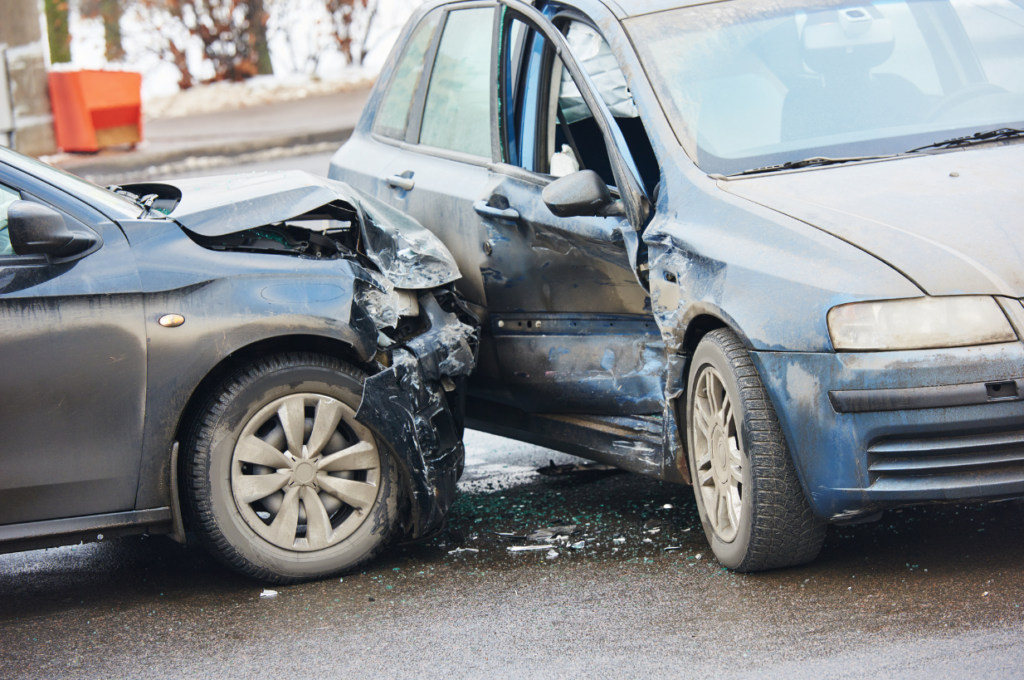
1. Drunk Driving-Related Auto Accidents
One of the most significant dangers during the 4th of July holiday is drunk driving. The National Highway Traffic Safety Administration (NHTSA) consistently reports a spike in alcohol-related traffic fatalities during this period. In Maryland, the combination of holiday celebrations and the state’s dense road networks can result in a deadly mix.
Statistics and Impact
In 2020, the NHTSA reported that 38% of all traffic fatalities during the 4th of July holiday involved an alcohol-impaired driver. Maryland, with its mix of urban and rural roads, is particularly vulnerable. The aftermath of drunk driving accidents extends beyond immediate fatalities. Survivors often suffer long-term physical and emotional trauma, and families are left to cope with the loss of loved ones.
Preventative Measures
Maryland has implemented several measures to combat this issue. Law enforcement agencies increase patrols and set up sobriety checkpoints during the holiday period. Public awareness campaigns, such as those by the Maryland Department of Transportation, emphasize the importance of sober driving. Ride-sharing services and public transportation are also promoted as safe alternatives to driving under the influence.
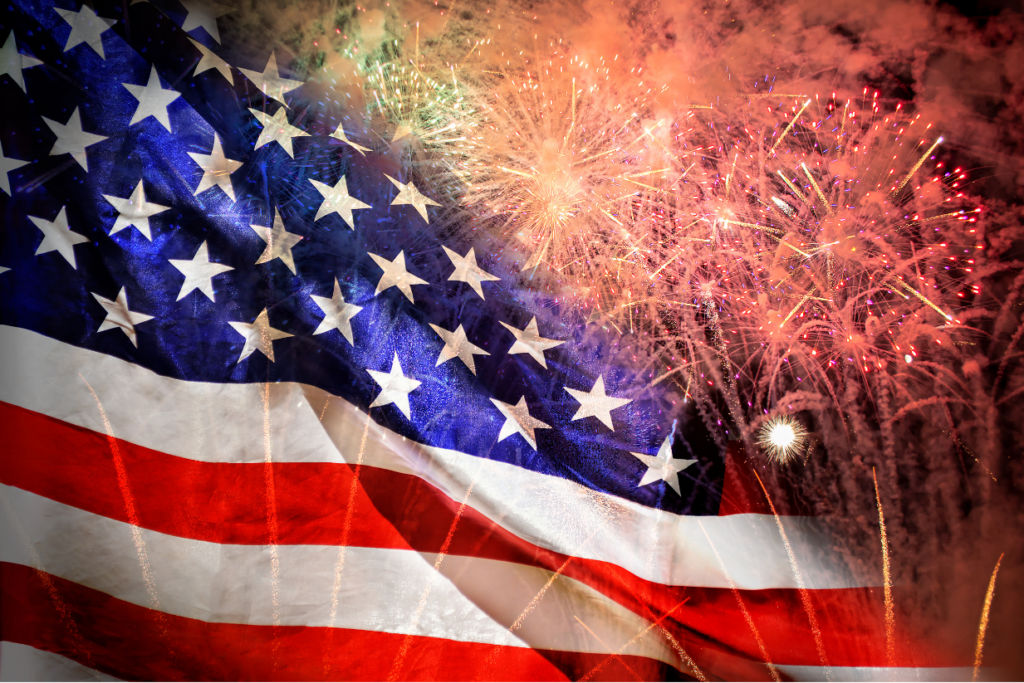
2. Fireworks-Related Injuries
Fireworks are synonymous with the 4th of July, but they also pose significant risks. Despite strict regulations, many people purchase illegal fireworks, leading to severe injuries and even fatalities.
Types of Injuries
Common injuries from fireworks include burns, lacerations, and eye damage. According to the U.S. Consumer Product Safety Commission, fireworks were responsible for an estimated 10,000 injuries treated in emergency rooms across the country in 2022. In Maryland, both professional displays and private use can result in accidents, particularly in densely populated areas
Safety Tips
To minimize risks, Marylanders are encouraged to attend professional fireworks displays rather than setting off their own. If using fireworks at home, it is crucial to follow safety guidelines: keep a bucket of water or a hose nearby, light fireworks one at a time, and never relight a dud. Protective gear, such as gloves and safety glasses, can also help prevent injuries.
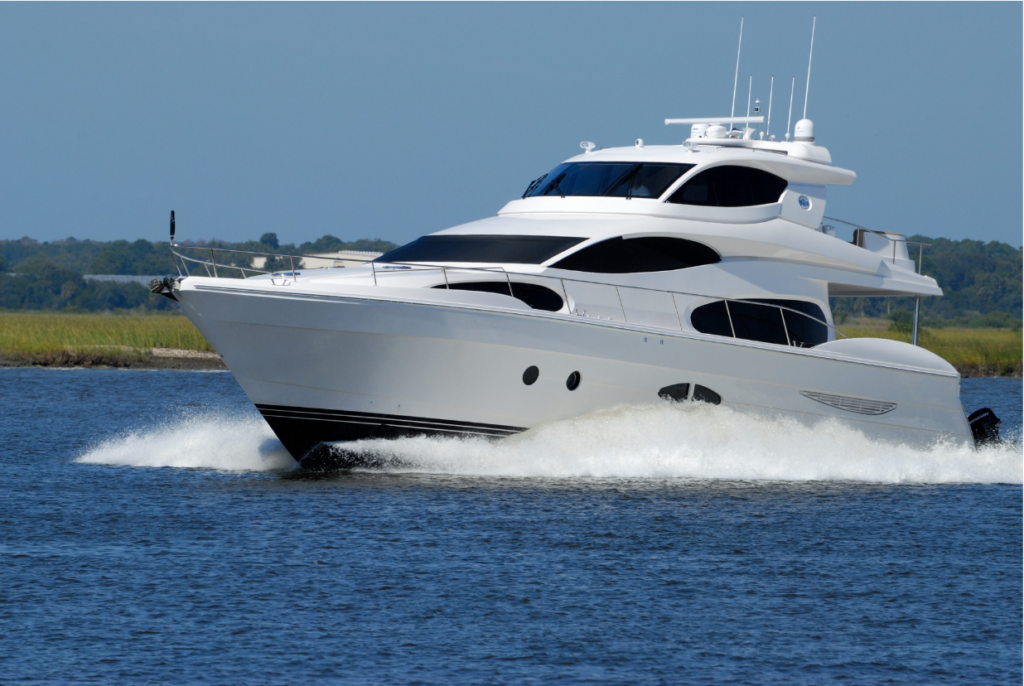
3. Boating Accidents
With its extensive coastline and numerous waterways, Maryland is a popular destination for boating enthusiasts. However, the combination of increased boat traffic and alcohol consumption can lead to dangerous situations on the water.
Risks and Statistics
The U.S. Coast Guard reports that alcohol use is a leading contributing factor in fatal boating accidents. In Maryland, the Chesapeake Bay and other popular boating areas see a surge in activity during the 4th of July, increasing the likelihood of collisions, capsizing, and falls overboard.
Preventative Measures
Boaters are urged to prioritize safety by wearing life jackets, avoiding alcohol, and adhering to navigational rules. Maryland Natural Resources Police step up patrols during the holiday to enforce these regulations and ensure that all boaters are operating safely.
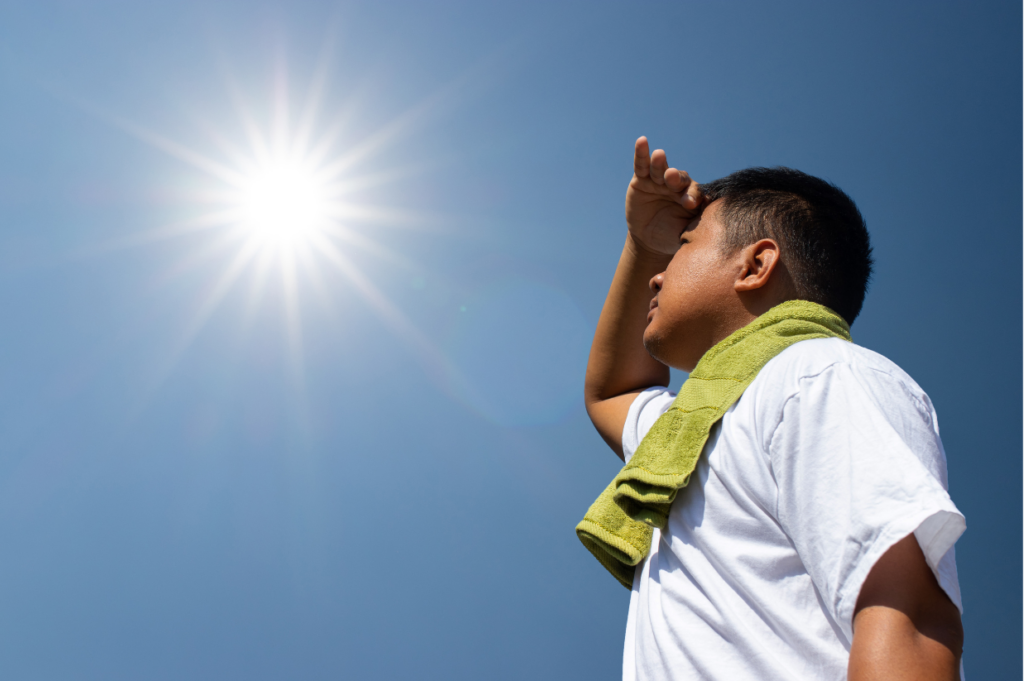
4. Heat-Related Illnesses
The 4th of July often coincides with peak summer temperatures, posing a significant risk of heat-related illnesses. Festivities typically involve outdoor activities, where prolonged exposure to the sun and heat can lead to dehydration, heat exhaustion, and heat stroke.
Vulnerable Populations
Children, the elderly, and individuals with pre-existing health conditions are particularly susceptible to heat-related illnesses. Symptoms can range from mild (such as dizziness and headaches) to severe (such as confusion, unconsciousness, and organ failure).
Preventative Measures
To combat heat-related risks, it is essential to stay hydrated, wear light and loose-fitting clothing, and take frequent breaks in shaded or air-conditioned areas. Public health advisories from local authorities often provide updates on heat waves and recommend precautionary measures.
While the 4th of July is a time for celebration, it is also a period when certain dangers are heightened. Drunk driving-related auto accidents, fireworks-related injuries, boating accidents, and heat-related illnesses represent significant risks to the safety of Maryland residents and visitors. Awareness and preventative measures are key to ensuring a safe and enjoyable holiday. By prioritizing safety, Maryland can celebrate its independence while minimizing the potential for tragedy.
Your Baltimore Personal Injury Attorneys
If you’ve been injured during this holiday season, don’t wait. Contact D’Amore Personal Injury Law. Our Attorneys have the trial experience to protect your rights and fight for the compensation you need and deserve. Don’t Get Mad… Get Justice! Call 410-324-2000 or fill out an online contact form to get the justice you deserve. One of our successful accident attorneys will review your case today. Our consultation is free, and there is no fee unless we win!
FREE Case Consultation
Fill out the form below and we will contact you.
Or, give us a call at
410-324-2000

What Makes Motorcycle Accident Lawsuits Different?
Motorcycle riders have the same rights as all other road users, yet they are often overlooked or disregarded by other
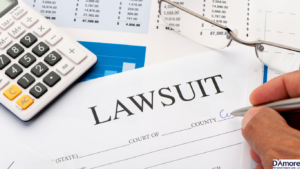
Understanding Medical Malpractice Settlements in Maryland
Understanding Medical Malpractice Settlements in Maryland Medical malpractice cases can be emotionally and financially devastating for victims and their families.

How Long Does It Take to Settle a Traumatic Brain Injury Case in Maryland?
How Long Does It Take to Settle a Traumatic Brain Injury Case in Maryland? Traumatic brain injuries (TBIs) can have
